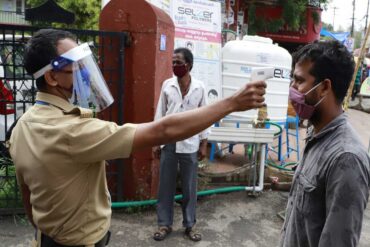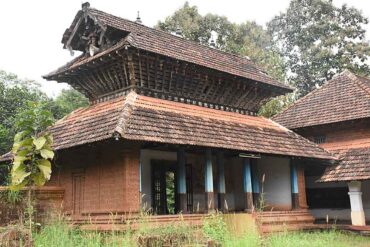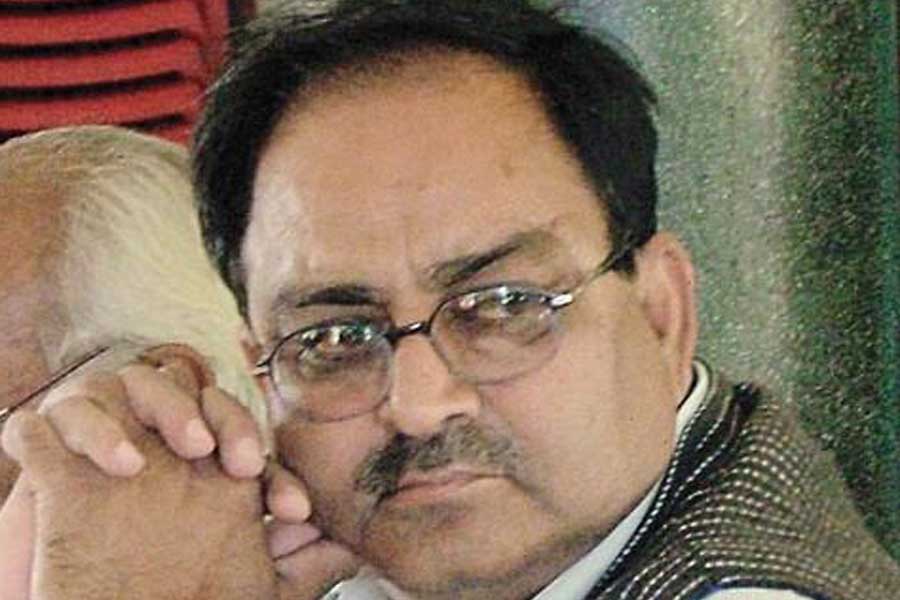Bhopal: Death of Abdul Jabbar, a champion of thousands of gas victims, for want of proper healthcare, has exposed the poverty of medical facilities for the gas-hit in Bhopal. Jabbar fought for the rights of the gas victims from the very day the gas tragedy struck Bhopal in December 1984. Lakhs of people were affected by the deadly gas that leaked from the Union Carbide factory, which was located in the midst of a populated area.
In the wake of the tragedy, Jabbar constituted an organisation called the Bhopal Gas Pidit Mahila Udyog Sangathan. A majority of the members of this organisation were women, including burqua-clad Muslim women. They participated in street demonstrations and often visited Delhi to lay siege to the residences of Union ministers. It was because of the untiring and uninterrupted efforts of Jabbar and his organisation that the gas victims won many a battle.
The relentless protests ultimately forced the Union Carbide to shell out 470 million dollars for providing relief to the gas victims. Special courts were set up to decide the quantum of compensation to be awarded to individual gas victims. In one of its judgments, the Supreme Court freed Union Carbide from the charge of criminal negligence. Jabbar approached the Supreme Court against the Union Carbide and it was because of the efforts of Jabbar that the apex court reversed its decision and held that Carbide cannot escape from its criminal responsibility.
Medical facilities were simply not available in Bhopal to take care of the gas victims, who were suffering from a range of ailments. Thanks to the efforts of Jabbar and other activists like him, several research projects were launched to determine the exact nature of the gas, its effect on human body and the most efficacious line of treatment. In order to provide relief to the gas victims, a multi-specialty hospital was set up in Bhopal. The hospital, named Bhopal Memorial Hospital and Research Centre (BMHRC), was run by a trust headed by former Chief Justice of India, Justice A H Ahmadi. The hospital provided the much-needed relief to the gas victims. It was known for its efficiency.
Later, the hospital was taken over by the Central Government. That led to an exodus of doctors from the hospital. Facilities in the hospital shrunk. It was to this hospital that Jabbar, 62, was admitted for treatment. He was severely diabetic. The hospital did not have experienced doctors to look after Jabbar. It also lacked the necessary equipment to treat patients like him. He was shifted to a private hospital, which, too, lacked adequate facilities.
Ironically, the man who fought all his life for proper medical care of gas victims died in a private hospital after the gas relief hospitals in the city, where he remained admitted for over two months, failed to provide him the required treatment.
A day before his death on Friday, the state government had shown some concern for the ailing activist with the former chief minister Digivijaya Singh visiting him in the hospital and chief minister Kamal Nath tweeting that he would be sent to Mumbai for treatment. But by then it was too late.
He was laid to rest at a burial ground in the city on Friday in the presence of his friends, acquaintances, politicians, journalists and a crowd of grieving gas victims, for whom he fought a monumental battle.
Jabbar’s death has exposed the criminal lack of medical facilities for the gas victims, who are still suffering from various serious ailments. Many activists working for the gas victims— including Sadhna Karnik Pradhan, Rashida Bi, Rachna Dhingra and Balkrishna Namdev—have expressed their dismay and anger over the situation.
Sadhna Karnik said, “Jabbar Bhai’s case is an example that the system of treatment of gas victims is in a shambles. One shudders to think what the poor gas victims must be facing. Even medicines for common ailments like diabetes are not available in hospitals for gas victims. Serious patients are not admitted. Only god knows how these institutions are running.”
According to Rashida Bi, “Jabbar Bhai was not suffering from any serious ailment. Only his toes needed to be amputated. But that could not be done at Kamla Nehru Hospital and at BMHRC, both built exclusively for the gas hit. Had the government wanted, it could have sent Jabbar Bhai to Mumbai or elsewhere. Or, it could have called doctors from outside here. But nothing was done and he was allowed to die. It is clear that the government cares two hoots for the gas victims. On the day of his death, the chief secretary and former chief minister visited him. It was nothing but a stunt.”
Dhingra regretted that, “Hospitals meant for gas victims are not saving their lives but are pushing them towards death. The Supreme Court had ruled that the gas victims have a fundamental right to health. It had also said that there must be a protocol for treatment of the gas victims and a centralized information system on their health status. Nothing was done. It is very sad and very disappointing.”
Namdev commented, “Jabbar Bhai died for want of proper treatment. It shows that Kamla Nehru Hospital and BMHRC are useless. When a well-known person like him was not treated properly, one can only imagine how the common gas victims must be suffering. It has exposed the sorry state of affairs in medical facilities for the gas victims. Even petty politicians are flown abroad for treatment but Jabbar, who worked all his entire life for the hapless gas victims, was treated so shabbily. Our entire system stands exposed.”
(By arrangement with IPA)







